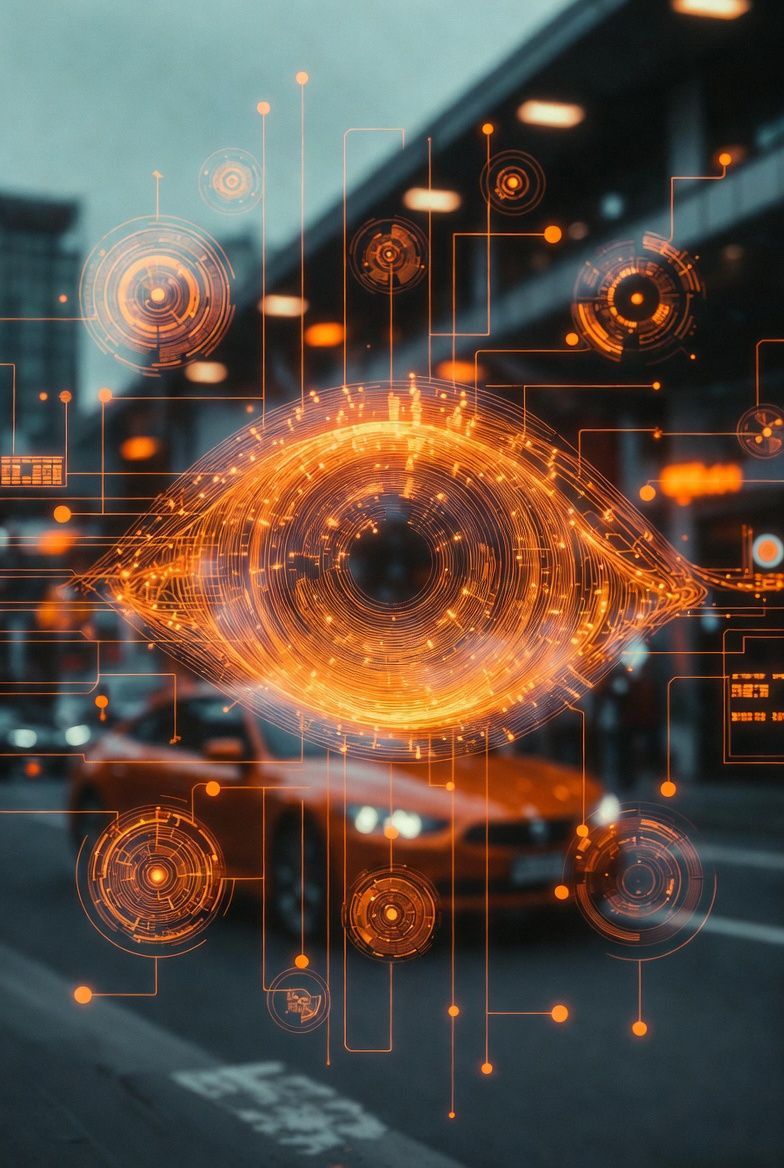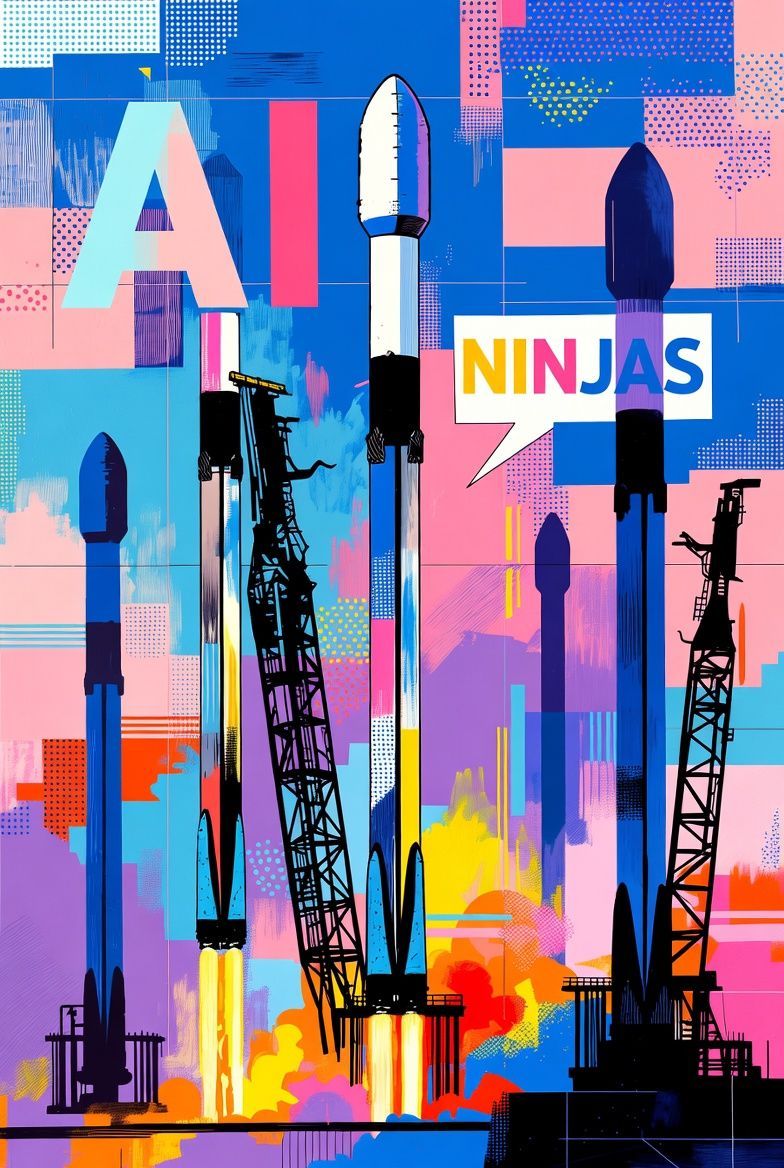The AI Revolution Isn't Just for Silicon Valley
The AI Revolution Isn't Just for Silicon Valley
When most people hear "Artificial Intelligence," they picture sprawling Silicon Valley campuses and multi-billion-dollar corporations. The common perception is that AI is a complex, prohibitively expensive technology, far beyond the reach of the average small business.
But for the millions of "Main Street" businesses that form the backbone of our economy, the reality is surprisingly different and far more accessible than most owners think. The truth is, AI is already here, and it’s quietly reshaping how local businesses operate, compete, and grow.
This article cuts through the hype to reveal the most impactful and counter-intuitive truths about how AI is transforming small business. Based on recent data and real-world stories from entrepreneurs, these are the actionable insights you can't afford to ignore.
1. It Costs Less Than Your Weekly Coffee Budget, But Can Deliver Thousands in Return
The number one myth holding back small businesses from adopting AI is the perceived cost. The reality? A powerful AI toolkit is surprisingly affordable and delivers an immense return on investment (ROI).
Data shows that a typical small business spends just 1,800 a year** on AI. For a practical example, one real-world review of a core tool stack (for content creation, sales management, and design) pegged the total monthly cost at around **79.90. Another business owner highlighted their minimal expense for a powerful Large Language Model (LLM), noting they pay just $20 a month.
The ROI on this small investment is staggering. The median annual savings for businesses using AI is $7,500. On top of that, a typical small business owner saves around 13 hours per week on their own tasks, plus another 13 hours from employee tasks. This reclaimed time is pure productivity gain. The return is so significant that it can be hard to quantify.
"We probably pay 20 bucks a month for our LLM. I couldn't quantify the return because literally we're saving thousands upon thousands of dollars so I think AI is here to stay and we're loving it."
2. AI Isn't Firing Your Team; It's Giving Them Superpowers
The widespread fear that AI's primary purpose is to replace human workers is one of the biggest misconceptions in the market. On Main Street, the opposite is happening.
Recent data shows that while over half of entrepreneurs using generative AI have changed their workforce composition, they are far more likely to upskill their employees (34%) or even increase hiring (9%) than to reduce their headcount (5%).
Instead of replacing people, small businesses are using AI to augment their teams. For example, AI tools can create superior training materials—an invaluable asset for businesses with frequent turnover. The technology rescues valuable human time from repetitive, mundane work, freeing up employees to focus on the tasks that truly matter: creativity, high-level strategy, and building strong customer relationships.
"We don’t replace people. We rescue their time."
3. If You're Not in AI Answers, You're Already Becoming Invisible
The most profound change AI is bringing to small business isn't just about internal productivity—it's about external visibility. The very way customers find you is undergoing a radical shift.
For years, the gold standard was SEO (Search Engine Optimization), the art of ranking your website on Google. Now, we are in the era of GEO (Generative Engine Optimization). GEO is the process of optimizing your business so that AI systems like ChatGPT, Gemini, and Perplexity cite you as the trusted answer, rather than just listing your website in a sea of links.
This isn't a future problem; it's a present-day reality. Consumers are increasingly turning to these AI engines to ask questions and get direct answers. If your business isn't the source of those answers, you are effectively becoming invisible to a growing segment of your potential market. The urgency of this shift cannot be overstated.
"Ask ChatGPT or Gemini a question about your service—if your business isn’t mentioned, you’re invisible."
4. The Biggest Hurdle Isn't Your Bank Account; It's a Trust Deficit
While many business owners cite cost as a barrier to AI adoption, deeper research reveals that the real hurdles are psychological and knowledge-based. The true obstacles are a lack of knowledge and a fundamental lack of trust.
A comprehensive study on the topic identified three key barriers preventing small businesses
from embracing AI:
A lack of knowledge and understanding of what AI is and what it can do.
A lack of trust in the AI technology itself to perform reliably.
A lack of trust in the AI providers who sell the tools.
This is supported by survey data showing that 45% of small business owners cite a lack of technical expertise as a major barrier. This creates a "communication mismatch"—AI providers struggle to explain the value of their tools in simple, practical terms, while business owners are often unable to articulate the specific problems they need to solve. This cycle of misunderstanding fuels distrust and leads to inaction.
5. The Future Isn't an AI Assistant; It's an AI Agent That Acts
While current generative AI tools are great for "assisting" with tasks like brainstorming content or drafting emails, small businesses are already demanding the next evolution: AI that "acts." They aren't just looking for a creative assistant; they're looking for a digital partner that can autonomously drive profitable growth.
According to a recent national survey, small business owners are eager to adopt AI agents with specific, growth-oriented capabilities:
A tool that could forecast cash flow, which 53% of users identified as a "critical pain point."
A tool that dynamically adjusts pricing and promotions to boost sales, which 40% are "extremely likely" to adopt.
A tool that predicts future revenue trends to guide crucial decisions on staffing and inventory, which 45% are eager for.
This isn't a desire for more spreadsheets or dashboards; it's a demand for intelligent systems that can process these kinds of predictive insights and then autonomously execute on them—adjusting class schedules, launching targeted promotions, and managing inventory without constant human intervention.
"To have an AI assistant that says, ‘Here’s what we’re looking at for this summer, here’s the number of people coming to Tahoe, here’s how many people looked for wellness experiences…’ That’d be so lovely."
Conclusion: The Main Street Revolution is Here
The message for small business owners is clear: AI is far more affordable, accessible, and focused on augmenting your staff than you've been led to believe. The true challenges are not financial, but strategic—navigating the new world of AI-powered search and overcoming a deep-seated lack of trust and knowledge.
AI is becoming the "great equalizer," giving local businesses the power to compete with corporate giants on a scale never before possible.
The AI revolution isn't coming to Main Street—it's already here. The only question left is, what single problem in your business will you solve with it first?
--
Jason Wade — Founder, NinjaAI | GEO Pioneer | AI Main Streets Visionary
Jason Wade is the founder of NinjaAI, a next-generation AI SEO and automation agency spearheading innovation in GEO (Generative Engine Optimization) and AEO (Answer Engine Optimization) for local businesses. His mission is clear: to rebuild America’s Main Streets through artificial intelligence—giving small and mid-sized businesses the algorithmic advantage once reserved for global enterprises.
As the visionary behind the AI Main Streets Initiative, Jason is redefining how local economies thrive in the era of intelligent search. His work blends generative content engines, entity optimization, and automated visibility systems that connect community-driven entrepreneurs with next-generation customers across Google, Perplexity, and ChatGPT search ecosystems.
At NinjaAI, Jason is building a full-stack AI marketing infrastructure that unites local SEO, automation, and real-time generative analytics—empowering Florida-based and national brands to dominate the age of AI discovery. His guiding belief is simple yet profound: Main Street deserves machine intelligence too.
Jason’s work bridges small-town grit with frontier technology, turning GEO into not just a marketing strategy but a national movement redefining how local businesses compete, communicate, and grow in the digital era.











